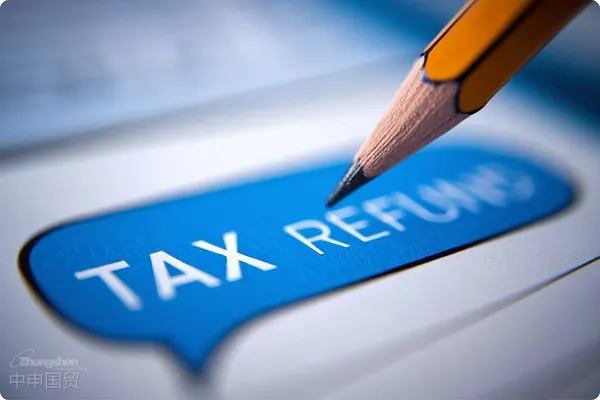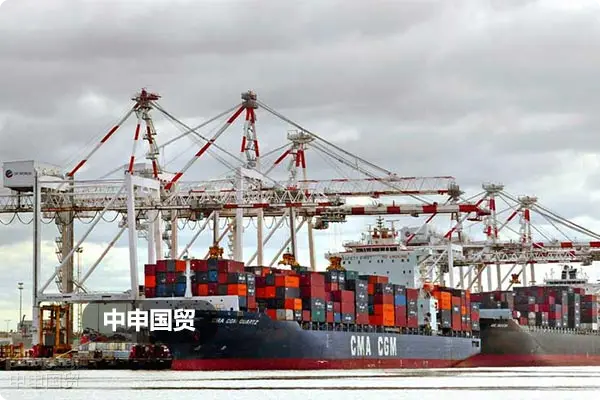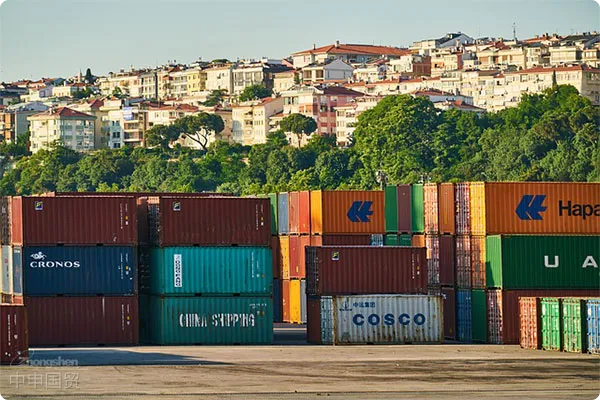- Shanghai Zhongshen International Trade Co., Ltd. - Two decades of trade agency expertise.
- Service Hotline: 139 1787 2118
First of all, we need to clarify one point: what kind of tax is actually rebated in import tax rebates? Many friends, upon hearing the words tax rebate, think that as long as it is an imported good, it can enjoy some form of tax - rebate policy. But in fact, once imported equipment enters the country, the customs duties and value - added tax involved are not automatically refundable. There are clear conditions and rules behind it.foreign tradeTax Logic of Imported Equipment
When Can Tax Rebates Be Enjoyed?

Precautions in Practical Operations
The only situation in which imported equipment can enjoy a tax rebate is when the imported product is re - exported. In this case, since customs duties and value - added tax have been paid during the import process, and these taxes were paid according to the domestic sales and use standards at the time of import, if the imported product is not sold in the domestic market later but is exported again, in order to avoid double - taxation, the state allows enterprises to apply for a refund of the previously paid value - added tax.
This is what we often call import - for - re - export or the bonded - area policy. Such policies are mainly to encourage domestic enterprises to import raw materials or equipment from abroad, process and add value within the country, and then export, improving the overall competitiveness of the domestic industrial chain. Under this model, enterprises can reduce the tax burden pressure by applying for tax rebates, thereby enhancing the market competitiveness of their products.
When importing goods, we usually need to pay customs duties and value - added tax. Customs duties are a tax levied by the country on imported goods, while value - added tax is levied on the value - added part of the goods in the circulation process. Many people mistakenly believe that all imported goods have the opportunity to enjoy tax - rebate preferences. In fact, the taxes in the import link are generated when the goods enter the domestic market for circulation, and these tax burdens are mainly to ensure fair competition in the domestic market.
For enterprises engaged in the trade of imported equipment, if your goal is to use the equipment for domestic production, dont expect to enjoy the preferential policy of import tax rebates. Once the tax is paid, it becomes part of the equipment cost and needs to be absorbed in subsequent operations. However, if you plan to re - export the imported equipment or products, you must fully understand the relevant tax - rebate policies to maximize the use of policy advantages and reduce the overall cost of the enterprise.
Overall, import tax rebates are not a universally applicable policy, but have their specific application scenarios and conditions. Understanding these rules can help us make more informed decisions in actual business and avoid losses or misunderstandings caused by insufficient understanding of the policy.
Simply put, when imported goods first enter the country, enterprises need to pay customs duties and value - added tax. These taxes occur within the country, not during the production and sales abroad. Therefore, these taxes are not for refunding. That is to say, after imported equipment enters the country, if there is no further special treatment (such as re - export), it cannot enjoy the tax - rebate policy. If you want a tax rebate, you need to look for the tax policy of the importing country, not our domestic import policy.
I hope that through this article, everyone can have a clearer understanding of the essence of import tax rebates. In foreign trade work, tax policies are complex, but as long as the key principles are mastered, the right direction can be found in a complex environment.
How Should Foreign Trade Enterprises Handle Accounting When the Export Tax Rebate Rate Is Reduced?
Can Imported Equipment Be Tax - Rebated? Avoid Common Misunderstandings and Risks | Shanghai Import/Export Agent
Related Recommendations
? 2025. All Rights Reserved. Shanghai ICP No. 2023007705-2  PSB Record: Shanghai No.31011502009912
PSB Record: Shanghai No.31011502009912










